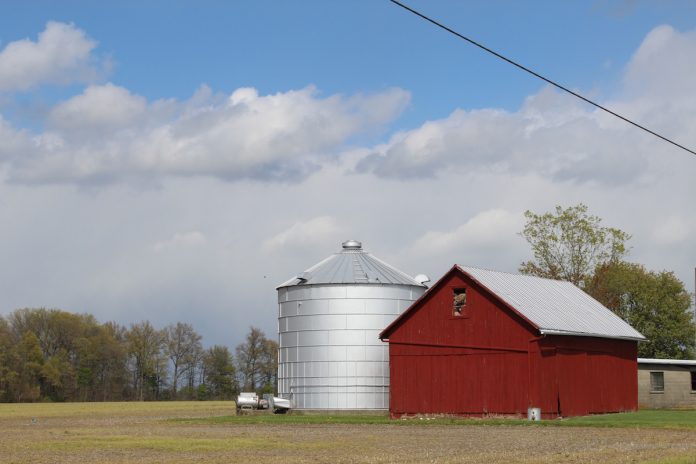Author Alan Lakein once stated, “Planning is bringing the future into the present so that you can do something about it now.” Over the past two months, Ohio State University Extension has been helping families to bring their future into the present through our regional “Planning for the Future of Your Farm” workshops.
The goal of these workshops was to help families plan for the future management and ownership of the family’s farm. Each farm family had the chance to learn more about transition planning, how to navigate tough family discussions and to learn about different estate planning tools and strategies.
We challenged each participant to pause and reflect on the future of their farm. We asked many challenging questions and, through discussion, family planning sheets and reading resources, we attempted to lay the groundwork for important transition and estate planning discussions to be held. Today, I would like to share some food for thought from these workshops.
What is your goal?
First and foremost, the senior generation (or those who own the assets) must decide what their goals are for the future of the farm. Is your goal to have someone from the next generation own and manage the farm in the future? Or will you be leaving the farm assets to your heirs to manage as landlords or as an inheritance to liquidate? What do you want the farm to look like or be after you are no longer here?
What kind of operation are you leaving behind?
If your goal is to have the next generation operate the farm in the future, have you identified the son, daughter or grandchild who wants to and is equipped to run the farm? If so, have you taken the steps to train them to manage all facets of the operation? What shape is the business that you are leaving behind? Is it profitable? What is the current income that it generates? Will the income be enough for a family member to undertake it as a full-time occupation? Or will it be a part-time management operation? Our team advises you to complete an in-depth financial and organizational analysis. What are the current strengths, weaknesses, opportunities and threats of the business? What is the potential of the farm in the future?
What do your heirs think?
Have you taken the time to ask your kids about their thoughts about the family farm? What are their hopes and dreams for the farm? Would they be interested in owning or managing the farm in the future? If they had to take over the farm today, what would they be the most concerned about? What changes need to be made for them to have a continuing interest in the farm? What are some of their weaknesses that need to be addressed before they farm on their own in the future? And what is their expectation for an appropriate time for management control to be transferred?
What elephants are in the barn?
Many times, there is hesitation to discuss the future of the farm because of the “undiscussable” family topics. Communicating about difficult issues can be tough. Stress, family baggage, generational or gender differences and talk from relatives not involved with the farm can make these discussions even tougher.
Our team encourages families to analyze their communication issues and stressors and take time to identify the elephants in the barn that may be holding you back from having crucial conversations. Here are some examples of “elephants.” I don’t trust my new daughter or son-in-law. If I leave the farm to my child what happens to it in a divorce? I want to leave the farm for my son who has been working here for thirty years but I don’t want my other children to be left out. How can I be fair to all my children? My spouse and/or business partner don’t agree on what should happen, so we have decided not to talk about it. What happens if my spouse remarries after I die?
Tape measure of life
Where are you on your tape measure of life? I had a farmer tell me one day as he measured to cut a board, he realized that he had already put 70 inches of his life in the rearview mirror. He said, according to statistics, he only had seven inches left so he decided to retire while he still had time to enjoy it!
Help for you
OSU Extension recently received funding to start the Ohio Farm Resolution Services at OSU. The goal of this program is to cultivate solutions for the conflicts that impact Ohio’s farms and farm families. This program was established in October 2023 with funding from the USDA Farm Service Agency’s Certified Mediation Program. More information about this program can be obtained at: https://farmoffice.osu.edu/ofrs. Additional farm succession resources can also be found at: http://farmoffice.osu.edu. Have a great February!













